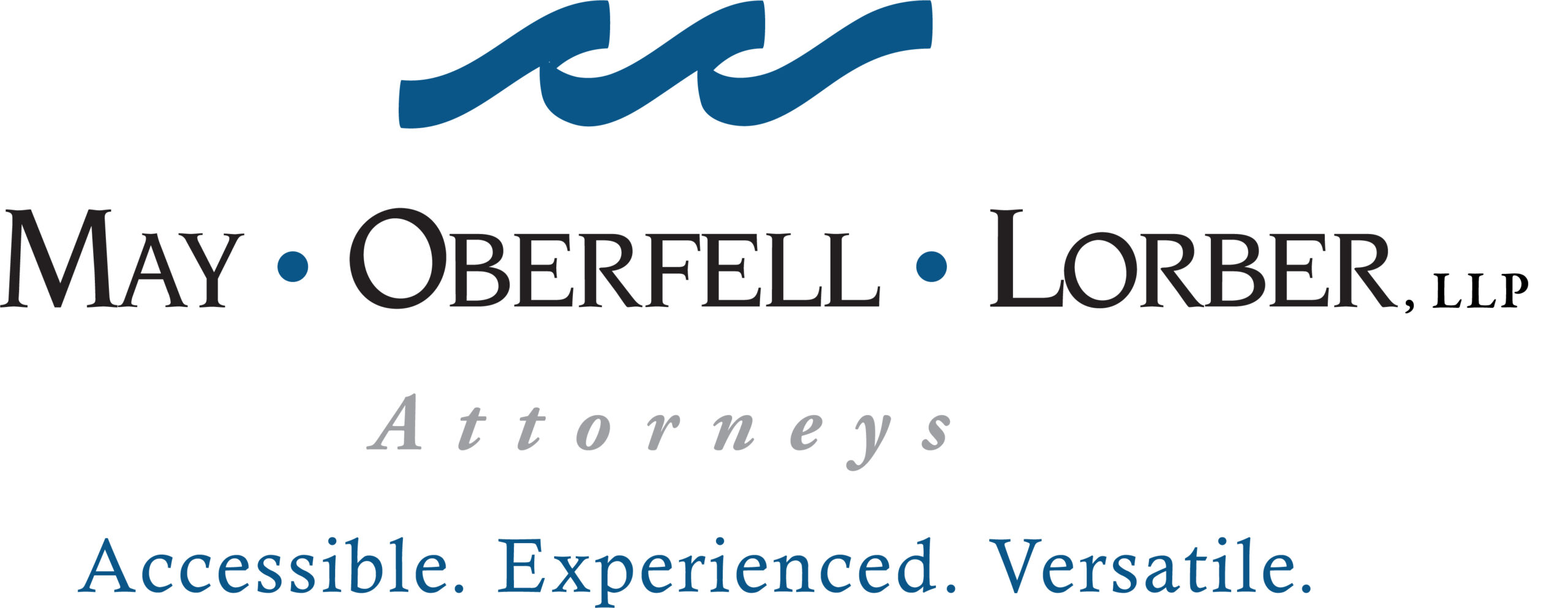1031 Real Estate Exchanges in Indiana and Michigan
Many amateur real estate investors are unaware that they must pay capital gains taxes when they sell an investment property. However, in certain circumstances, Section 1031 of the Internal Revenue Code allows the investor to “swap” one investment property for another without having to pay capital gains taxes. This rule allows the investor’s sale proceeds to grow tax deferred.
Section 1031 pertains to business and investment properties. Such “swaps” must be for “like kind” properties. Surprisingly, the IRS liberally defines “like kind”. An investor selling a commercial property does not need to purchase a new commercial property. The investor selling a commercial property could then, for example, purchase an apartment complex, vacant land, strip mall, etc. (There are very narrow exceptions for principal residences and vacation homes).
Given that most investors do not simultaneously trade properties with another investor, many 1031 real estate exchanges are “delayed exchanges”. A key provision of the 1031 exchange is that the investor cannot receive the cash proceeds from the sale of the first property. Therefore, the investor must designate a qualified intermediary to hold the first sale proceeds during the time gap between the first sale and second transaction.
Delayed 1031 exchanges contain strict deadlines that must be satisfied for the swap to be approved. The first deadline is the 45 day rule. Once the sale of the investor’s first property occurs, the investor’s intermediary receives the cash proceeds. During this timeframe, the investor must designate the second property that will be involved in the swap. This designation must be made in writing to the investor’s intermediary. The IRS will allow the investor to actually designate up to 3 potential properties, so long as one of them is selected and used in the second transaction.
The second deadline is the 180 day rule. The investor must close on the second transaction within 180 days of the first sale. It is important to note that the 45 day and 180 day time frame run concurrently.
Given the complexity of 1031 exchanges, it is recommended that an investor utilize the services of both an attorney and accountant to effectuate the property swap. The attorneys at May Oberfell Lorber are well-versed in 1031 exchanges involving Indiana and Michigan real estate.
This article is for information purposes only and is not intended to constitute legal advice.
